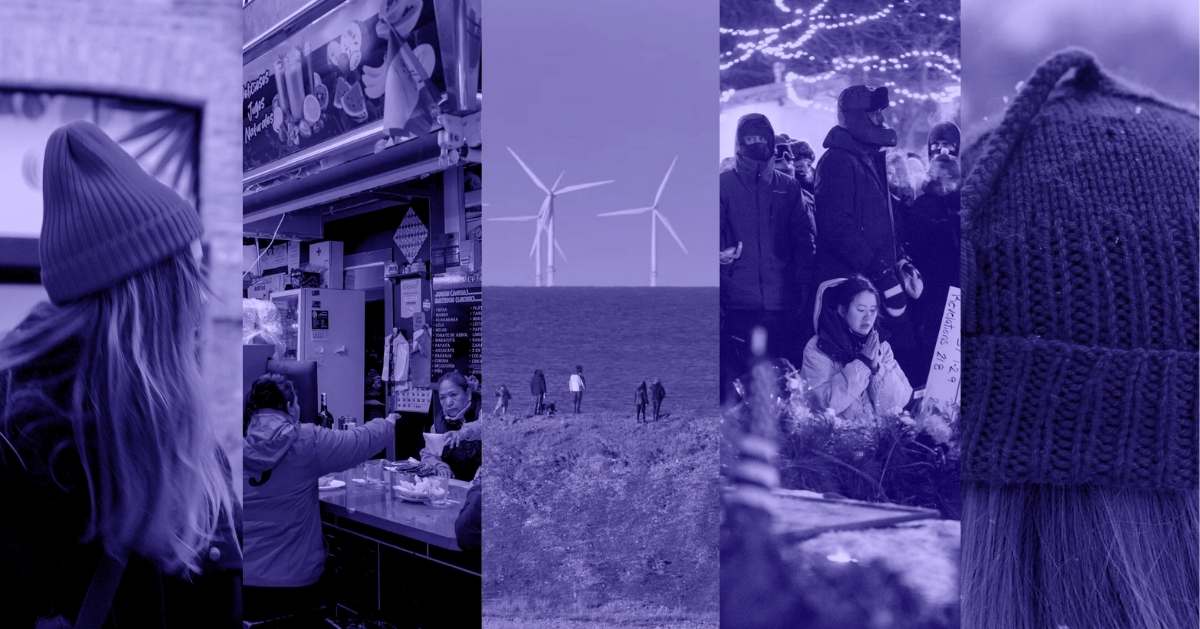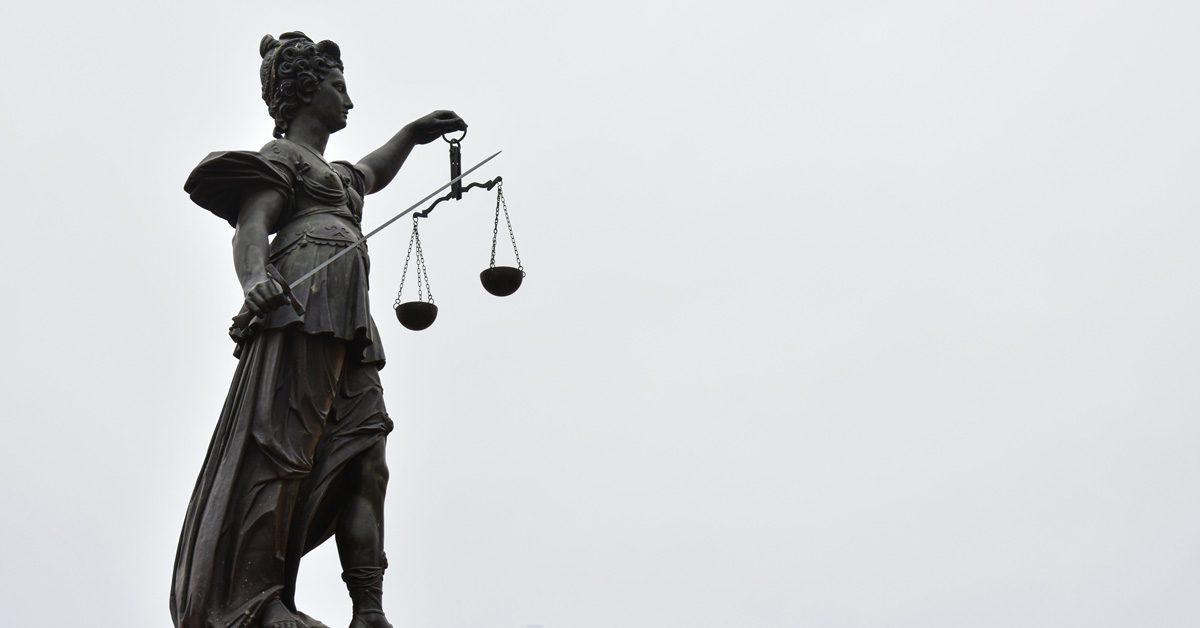Less than 20% of English-language biographies on Wikipedia are about women, but the Smithsonian American Women’s History wants to help correct that.
On March 27th at 12 p.m. EST, the museum is hosting a “Wikipedia Edit-a-thon” over Zoom that is open to the public and free of charge.
The event, which is sponsored by Wikimedia DC, encourages attendees to edit and create Wikipedia articles about American women that are “hidden” historical figures.
For those who have never ventured into the back end of Wikipedia, the museum is also hosting an hour-long seminar for new website contributors on the same day.
The “Wikipedia Edit-a-thon” is just one of the many events that the Smithsonian American Women’s History museum is hosting throughout Women’s History Month.
In honor of International Women’s Day on March 8, the museum will also launch their headline program “Becoming Visible,” a 10-minute experience that will be available on the museum’s website.
“Becoming Visible,” which is narrated by actress and producer Rosario Dawson, is a collection of original illustrations, animations, and archival footage. The exhibition seeks to cast a spotlight on important women whose discoveries, words, and pioneering acts have been lost — or intentionally obscured — across time.
The inspiring women featured in the exhibition will be among the famous figures that attendees will be encouraged to add in the Wikipedia Edit-a-thon.
Icons include Japanese American artist Hisako Hibi, scientist and polio vaccine developer Isabel Morgan, Hazel Fellows — a seamstress who worked on the Apollo space suits — and more.
Why are there so few women on Wikipedia?
The mission to make Wikipedia more inclusive and comprehensive is not a new one. Since 2017, Dr. Jess Wade has contributed to more than 2,000 entries on the site. The British physicist uses her expertise to painstakingly catalog the efforts of female scientists and scientists of color.
“I’m constantly astounded by who doesn’t have a Wikipedia page,” Wade told The Guardian. “You expect these people to have one, because a much less significant male counterpart would. And that’s because of who edits Wikipedia.”

Beyond the fact that a majority of contributors on Wikipedia have largely been male, Wade also pointed out that men are often given bigger platforms than their female colleagues.
Wade believes that making STEM fields more accessible and inclusive benefits everyone, but acknowledges that “so much of science is about your privilege.”
Across the board, women are vastly under-represented when it comes to receiving grants and funding, Nobel prizes, and other shiny accolades.
“Science has so many huge open challenges,” Wade explained. “From sustainable materials for electronics to climate change, antibiotic resistance, ethical dilemmas in AI and Covid, and I think we need really diverse teams working on them, to solve them and improve public trust.”
Header image courtesy of Kurutz Márton (CC BY-SA 3.0)



